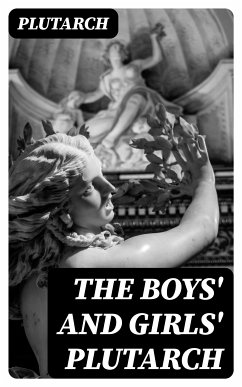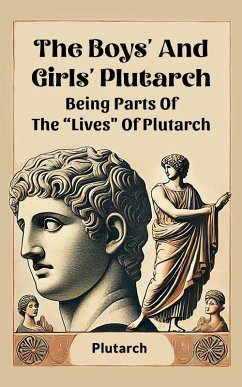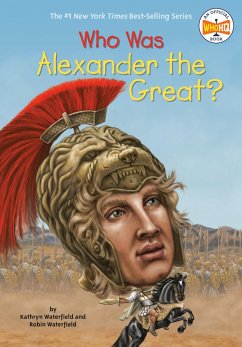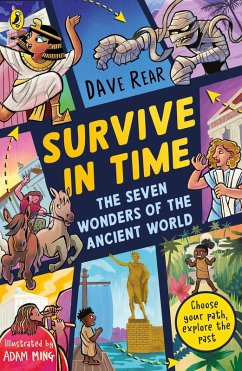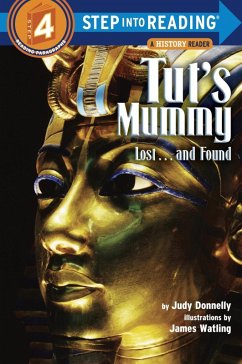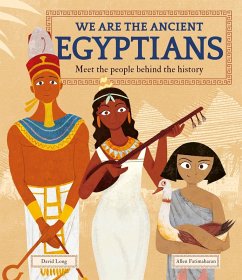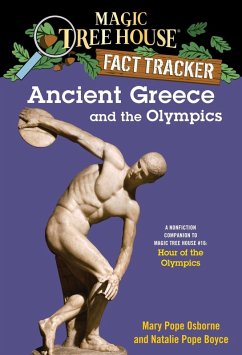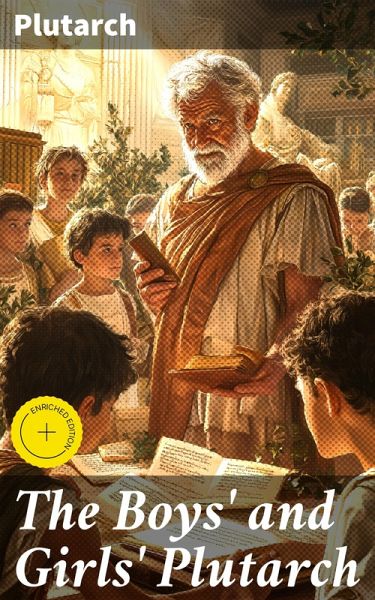
The Boys' and Girls' Plutarch (eBook, ePUB)
Enriched edition. Being Parts of the "Lives" of Plutarch, Edited for Boys and Girls
Kommentar: Sellers, Brooke / Redaktion: Good Press; White, John S.

PAYBACK Punkte
0 °P sammeln!
In "The Boys' and Girls' Plutarch," Plutarch curates a selection of engaging biographies from his well-known works, aiming to inspire and educate younger readers. The text adopts a straightforward literary style, blending historical facts with moral lessons, making it an accessible introduction to significant figures from antiquity. Plutarch's narrative intertwines anecdotes and character insights, which not only bring these historical personalities to life but also foster a deeper understanding of virtue, ambition, and ethics within the context of ancient Greek and Roman cultures. Plutarch, a...
In "The Boys' and Girls' Plutarch," Plutarch curates a selection of engaging biographies from his well-known works, aiming to inspire and educate younger readers. The text adopts a straightforward literary style, blending historical facts with moral lessons, making it an accessible introduction to significant figures from antiquity. Plutarch's narrative intertwines anecdotes and character insights, which not only bring these historical personalities to life but also foster a deeper understanding of virtue, ambition, and ethics within the context of ancient Greek and Roman cultures. Plutarch, a Greek biographer and philosopher of the late first and early second centuries AD, sought to bridge cultural divides through his works, emphasizing the shared human experiences of both Greeks and Romans. His dedication to moral philosophy often manifested in numerous biographies, showcasing the lives of notable individuals like Alexander the Great and Julius Caesar. By distilling these influential figures' virtues and failings, Plutarch aimed to instill a sense of moral character and civic responsibility in young minds. "The Boys' and Girls' Plutarch" is a compelling read for both educational institutions and individual curious minds. It serves not only as an introduction to important historical figures but also as a timeless guide to ethical living, making it essential reading for those interested in history, ethics, or the foundations of Western thought. In this enriched edition, we have carefully created added value for your reading experience: - A succinct Introduction situates the work's timeless appeal and themes. - The Synopsis outlines the central plot, highlighting key developments without spoiling critical twists. - A detailed Historical Context immerses you in the era's events and influences that shaped the writing. - An Author Biography reveals milestones in the author's life, illuminating the personal insights behind the text. - A thorough Analysis dissects symbols, motifs, and character arcs to unearth underlying meanings. - Reflection questions prompt you to engage personally with the work's messages, connecting them to modern life. - Hand-picked Memorable Quotes shine a spotlight on moments of literary brilliance. - Interactive footnotes clarify unusual references, historical allusions, and archaic phrases for an effortless, more informed read.
Dieser Download kann aus rechtlichen Gründen nur mit Rechnungsadresse in A, B, BG, CY, CZ, D, DK, EW, E, FIN, F, GR, H, IRL, I, LT, L, LR, M, NL, PL, P, R, S, SLO, SK ausgeliefert werden.




